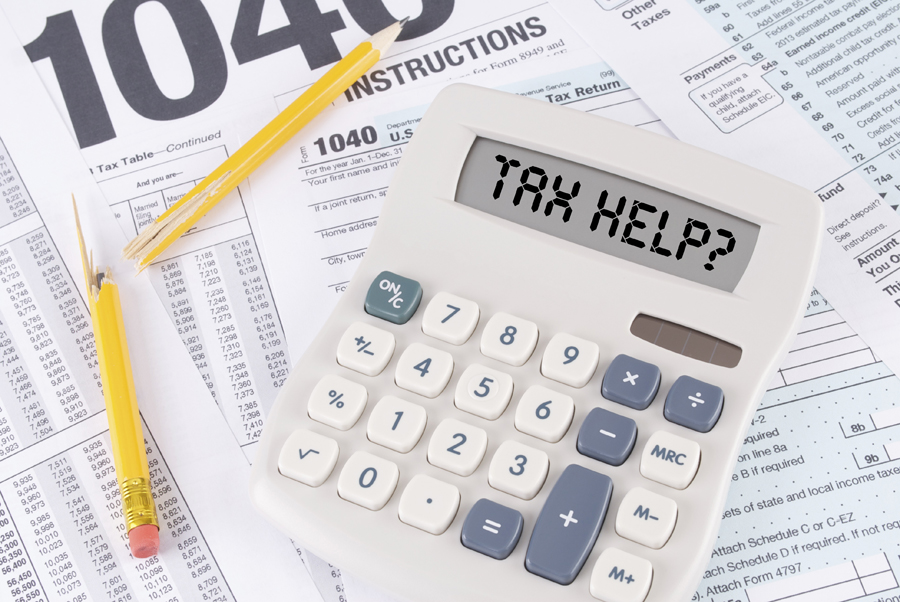Should paid tax return preparers be regulated?
October 14, 2014 by Dave Du Val, EA
A long time ago, before there were tax software programs, before our social welfare programs were written into the Internal Revenue code, and when Federal tax law was less than twenty thousand pages long, it made sense that anyone could hang out a shingle and hold themselves out as a tax preparer. There was no barrier to entry because there didn’t need to be; a tax return was straightforward, and an averagely intelligent person could read the instructions and understand how to properly complete the forms.
But things are very different now. Now there is so much change from one year to the next, so many complex provisions, and so many opportunities for fraud that we do need minimum entry standards and regulation for tax preparers.
We were on the right track for a short while. In 2011, the IRS began a program of regulating all paid tax preparers who were not already CPAs, attorneys, or Enrolled Agents (EAs), requiring them to register, pass a competency test, and complete annual continuing education in order to continue working in the field. But the program was suspended in January of 2013 after the United States District Court of Washington D.C. ruled that 31 U.S.C. Section 330 did not give the IRS the authority to regulate all unlicensed tax preparers. This ruling was upheld earlier this year by the U.S. Court of Appeals for the District of Columbia Circuit, and now the program has been dressed up, renamed, revised, and re-launched as a voluntary program.
IRS Commissioner John Koskinen said on June 27th that the voluntary program is only temporary, until Congress enacts a proposal in the President’s Fiscal Year 2015 Budget that would give his agency the authority for mandatory oversight of all return preparers. Meanwhile, Taxpayer Advocate Nina Olson continues the crusade she began in 2002. In her April written statement to the Senate Finance Committee, she lays out her case point by point, including the fact that the increasingly complex tax returns of low and middle income taxpayers gives preparers a financial incentive to inflate refunds and cross-market products and services.
In 2011, 142 million individual income tax returns were filed, and more than half of those (79 million) were completed by paid preparers. Unlicensed, unregulated tax return preparers were responsible for completing 42 million of them. Year after year, “mystery shopping” trips by the Government Accountability Office (GAO), Treasury Inspector General for Tax Administration (TIGTA), and the IRS reveal rampant incompetence and lack of ethics in the paid tax return preparer sector. In this year’s GAO report only two out of nineteen paid preparers calculated the correct refund amount.
It’s time for mandatory competency exams and education requirements for commercial tax return preparers to become the law. While it will not protect all taxpayers from all dishonest and unscrupulous preparers, it will be a step in the right direction towards reducing the number of incompetent preparers and the mistakes that are made on filed returns.
Some who argue against tax preparer regulation maintain that new requirements won’t stop fraud or eliminate the existence of Ghost Preparers (unregistered preparers who often set up storefront shops at tax time, prepare unsigned tax returns, and then disappear). And that’s true. Fraud and incompetence exist in both regulated and unregulated professions, even among attorneys, CPAs and EAs. But competency testing and continuing education requirements will create the barrier to entry that is needed to make many of those unscrupulous types think twice before hanging that shingle.





